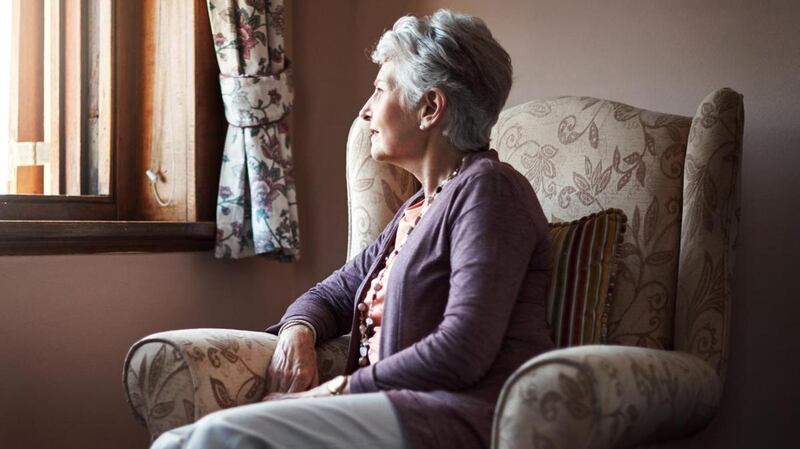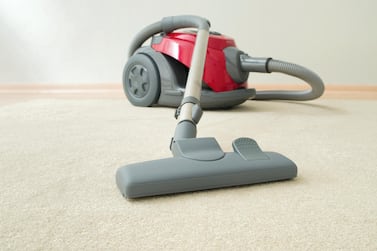A UAE resident who has remained by her father's side during his seven-year struggle with Alzheimer's disease said carers need "a shoulder to cry on".
The woman, who asked to remain anonymous, recently moved to the Emirates with her elderly parents and feels more help is needed for patients and those tasked with caring for them.
She has become reliant on YouTube videos to understand her 84-year-old father's symptoms as well as her own subsequent depression, due to a lack of support.
“We were looking everywhere for support in the UAE but have not found the proper help,” said the woman, from Saudi Arabia.
“Support for carers does not really exist here. I’ve looked on social media and online, but I can’t find anything.
“One woman posted a couple of years ago, but has left the country.”
Her father's initial diagnoses came when the family lived in Los Angeles.
The former oil executive's personality deteriorated from being forgetful to showing uncharacteristic aggression towards his family.
The family have secured 24-hour home nursing support at a cost of Dh24,000 a month.
“My mum is also older, so she is scared and confused for the future,” said the woman, 46.
"The lack of education on the condition in the UAE is another problem. People do not know always how to deal with Alzheimer's patients here like my dad, especially when he is lashing out.
“I would like to be able to visit a support group with people going through the same thing, to share our stories and find out what has worked for them.
“I have needed a shoulder to cry on and I’m sure others are the same.”
The condition is becoming more accepted around the world, but carers often face similar challenges wherever they hail from.
A British woman, who is now the main carer for her husband, said specialist services are on-hand in the UK to help both patient and carer.
Her husband was diagnosed in 2016, two years after beginning to lose not only his memory but the grasp of language and how to communicate.
His wife, who asked that the couple be not identified, had to deal with gradually losing the man she married 50 years ago while also looking after his daily needs.
“The support I receive is purely what I have organised for myself,” she said.
"The NHS 'memory people' come round on an annual basis to assess him and they are available by phone if I want to talk at any time. I have arranged for him to have two days a week in a day centre, where he goes and meets other people similar to himself.
"This enables him to participate in activities with other people rather than be at home all day with me. It also gives me time to myself so I can do things for me."
Having close family round to share the responsibility of caring for her husband has allowed her to take time away with friends to recharge and avoid the burnout doctors say is common in carers.
“The problem with this disease is that everyone is different and moves along at different rates,” she said.
“You never know how long it is all going to take, that is the awful thing.
"You just have to live day to day. The thing I feel more than anything else is that although I am not lonely, I feel very alone."








